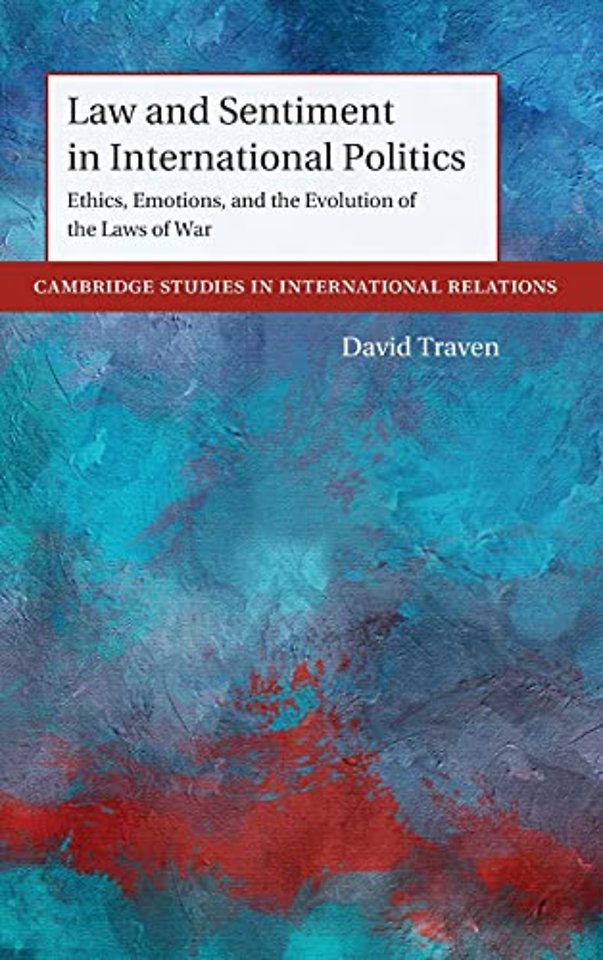Law and Sentiment in International Politics
Ethics, Emotions, and the Evolution of the Laws of War
Samenvatting
Drawing on recent research in moral psychology and neuroscience, this book argues that universal moral beliefs and emotions shaped the evolution of the laws of war, and in particular laws that protect civilians. It argues that civilian protection norms are not just a figment of the modern West, but that these norms were embryonic in earlier societies and civilizations, including Ancient China, early Islam, and medieval Europe. However, despite their ubiquity, this book argues that civilian protection rules are inherently fragile, and that their fragility lies not just in failures of compliance, but also in how moral emotions shaped the design of the law. The same beliefs and emotions that lead people to judge that it is wrong to intentionally target civilians can paradoxically constitute the basis for excusing states for incidental civilian casualties, or collateral damage. To make the laws of war work better for civilians, this book argues that we need to change how we think about the ethics of killing in war.
Specificaties
Inhoudsopgave
Net verschenen
Rubrieken
- aanbestedingsrecht
- aansprakelijkheids- en verzekeringsrecht
- accountancy
- algemeen juridisch
- arbeidsrecht
- bank- en effectenrecht
- bestuursrecht
- bouwrecht
- burgerlijk recht en procesrecht
- europees-internationaal recht
- fiscaal recht
- gezondheidsrecht
- insolventierecht
- intellectuele eigendom en ict-recht
- management
- mens en maatschappij
- milieu- en omgevingsrecht
- notarieel recht
- ondernemingsrecht
- pensioenrecht
- personen- en familierecht
- sociale zekerheidsrecht
- staatsrecht
- strafrecht en criminologie
- vastgoed- en huurrecht
- vreemdelingenrecht

